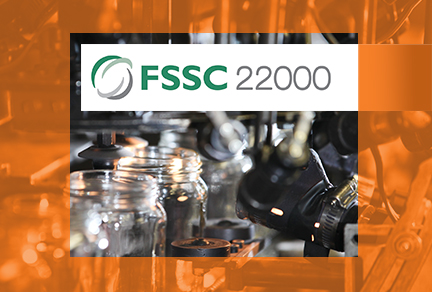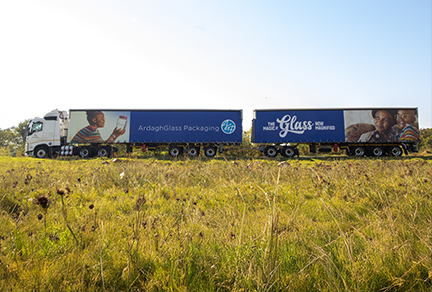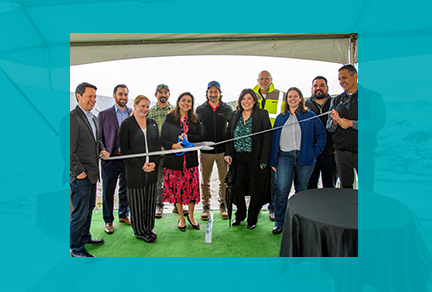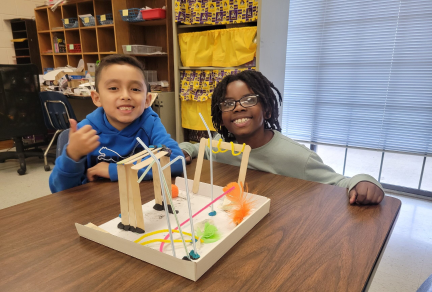Industry-first virtual trials to begin on lightweighting glass bottles
Published: November 9, 2021
Three industry leaders in sustainable solutions for the glass industry are coming together to collaborate on innovative technology to increase the strength and thereby significantly reduce the weight of glass bottles. Dassault Systèmes, Ardagh Group and EXXERGY will begin ‘virtual twin’ trials on Diageo’s iconic Johnnie Walker bottle in January 2022 to research and develop a coating that will enable the glass bottle to be lightweighted without compromising its strength and shape – an industry first.
The virtual trial will pioneer science-based sustainable innovations to reduce the time and cost needed to test glass products, while also reducing the raw materials and energy used in the process. A virtual twin is a real-time digital representation of a product or process that is used to model, visualise and predict new innovations before any physical trials take place. The trial will research and develop a new external coating for the glass bottle to reduce the micro-cracks in the glass surface, which will allow the glass to be much lighter while maintaining its strength. The lightweight glass bottle will maintain its 100% recyclability and if successful in the virtual trial, will undergo glass bottle testing from summer 2022.
Ardagh Group, a leading global supplier in sustainable packaging solutions, will work with EXXERGY, an international consulting firm active in the renewable and glass sectors, to research and develop the coatings for global beverage leader Diageo, makers of Johnnie Walker, Smirnoff and Gordon’s gin. Dassault Systèmes will provide contract research services using its BIOVIA applications to create a nanoscale virtual twin of the coatings, simulate their interaction with the surface of the glass, and test their efficacy.
John Sadlier, Chief Sustainability Officer at Ardagh Group, commented on the upcoming product development: “Ardagh Group has pioneered the lightweighting of glass and as a leading global supplier of infinitely recyclable, sustainable metal and glass packaging, we have a responsibility to respond to the sustainability challenges we all face. Together with our customers and supply chain partners, we are eager to explore the potential of digitalisation to drive new and innovative lightweighting solutions.”
Glass lightweighting is one of the solutions for reducing the glass sector’s CO₂ impact and carbon emissions will be reduced in both the manufacturing of the bottle and transportation of the finished goods. Should this collaboration project be successful, it will be a major breakthrough for virtual twin technology in supporting the sustainability ambitions of the glass industry and enabling the decarbonisation of the sector as a whole.
“There is a growing urgency to change our ways of production and consumption. We need to rethink everything, and dare to imagine the boldest sustainability initiatives,” said Florence Verzelen, Executive Vice President, Industry, Marketing & Sustainability, Dassault Systèmes. “Using Dassault Systèmes’ virtual twin technology, companies can design and simulate radically different new sustainable materials, products and processes in record time. They can be right, but also sustainable the first time.”
“At Diageo, sustainability and particularly sustainable packaging is a key priority. We’re excited to be part of this pioneering trial that embraces the principles of our Diageo Sustainable Solutions platform which encourages innovation and collaboration in developing scientific solutions to the impact of climate change. We’ve made a commitment in our Society 2030 strategy to have net zero carbon emissions across all operations by 2050 or earlier and should this trial be successful, it’s a great step towards us achieving that.” said Lucy Fishwick, Head of Procurement – Grain to Glass Sustainability, Diageo.









